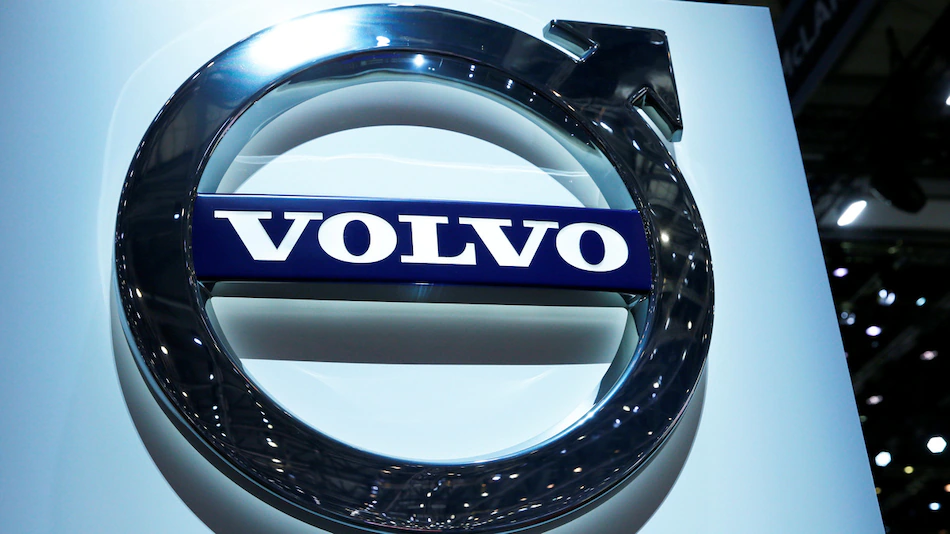How Africa’s internet economy is powering the investment boom in data centers

Africa’s data center market is expected to attract billions of dollars in investment as the continent’s internet economy grows.
According to new data, the African and Middle Eastern data center market received $6.55 billion in investments in 2021 and will receive an additional $12.19 billion by 2027, with the continent receiving half of that amount.
Africa’s data center investment has increased as pandemic-induced shocks fuel a surge in cloud computing as more businesses go digital to stay competitive.
According to ReportLinker data, the sector will consume $2.6 billion in 2021, with a total of $5.4 billion set to be invested in the next five years.
It also shows that in the forecast period, data center markets in South Africa, Kenya, Egypt, Nigeria, and Ethiopia will attract the lion’s share of investment into the sector on the continent.
Morocco, Algeria, Ghana, and Ivory Coast are among the other countries that have seen significant investment activity.
Africa Data Centres, Icolo.Io (Digital Realty), IXAfrica, and MainOne are the leading data center investors in Africa, according to ReportLinker, an AI-driven market intelligence platform (MDXI).
Telecom Egypt, NTT Global Data Centers, Paratus Namibia, Rack Centre, Raxio Data Centres, Teraco Data Environments (Digital Realty), and Wingu are also significant players.
“In Africa, more than nine data centers have added a white floor area of 30,000 square feet or more each in 2021.” “Several country governments are taking initiatives by developing special economic zones and industrial parks that provide tax breaks for data center development,” according to the report.
According to ReportLinker, the increased investment in submarine cables and fiber connectivity is likely to attract more data center investments in the region.
The country with the most submarine cable deployments is South Africa, followed by Nigeria and Kenya.
While the Internet of Things (IoT) is not a new concept in Africa, COVID-19 has compelled businesses that were previously resistant to digital transformation to embrace technology.
This includes restaurants, where more people are ordering food online, as well as the retail, logistics, and education sectors, which are being forced to adopt digital solutions in order to keep up with demand, satisfy new expectations, and retain customers.
To ensure that their supply chain is not disrupted, these businesses are increasing demand for data centers in order to store, communicate, and transfer data seamlessly.
Given that most of Africa’s data is currently stored elsewhere, zipping down undersea cables that frequently make landfall in places like the French city of Marseille, it is an opportunity for investors to fill significant gaps.
According to The Economist, “it can take 180 milliseconds for a message to reach Europe and back—long enough to frustrate people trying to trade shares or play games.”
However, new multibillion-dollar investments in data centers will bring the internet much closer to users, laying the groundwork for the advancement of Africa’s tech revolution.
According to ReportLinker, cloud adoption in South Africa is expected to increase by 25 percent per year, generating up to $1.5 billion by 2024.
“In South Africa, SaaS (Software as a Service) is widely adopted among organizations, followed by IaaS (Infrastructure as a Service) solutions in the country’s data center and networking market,” according to the report.
“In September 2021, Eskom, a South African utility company, announced a $7 billion investment in renewable energy plans over the next nine years.” This will drive demand for data centers in South Africa.”
According to Allied Markets Research, the global data center market was valued at $187.35 billion in 2020 and is expected to reach $517.17 billion by 2030, representing a 10.5 percent increase from 2021 to 2030.
According to ReportLinker, global cloud service providers such as Amazon Web Services (AWS), Microsoft, IBM, and Oracle are expanding their presence with new cloud regions.
As a result, it claims that there is “an opportunity for vendors to grow in suburban areas and fuel demand for hyperscale data centers in Africa.”
Africa’s data center market is also becoming a mergers and acquisitions hotspot.
According to the data platform, Equinix announced its plan to acquire MainOne data canters for approximately $320 million in December 2021 in order to expand operations in Africa.
“With new innovative infrastructure technologies, new entrants have a strong opportunity in the Africa cloud data canter.” Furthermore, the threat of acquisitions is expected to be high as global data center operators acquire existing data centers in the region.
Arista Networks, Atos, Broadcom, Cisco Systems, Dell Technologies, Fujitsu, and Hewlett Packard Enterprise are among the IT infrastructure providers.
Hitachi Vantara, Huawei Technologies, IBM, Inspur, Juniper Networks, Lenovo, NetApp, and Oracle are also major players in this market.
Oracle opened Africa’s first cloud computing data center last week, marking the company’s 37th cloud region worldwide.
Support infrastructure providers include 4Energy, ABB, Caterpillar, Cummins, Delta Electronics, Eaton, EVAPCO, Enlogic, and Legrand, according to ReportLinker.
Master Power Technologies, Rittal, Rolls-Royce, Schneider Electric, Siemens, STULZ, and Vertiv are among the others.
Meanwhile, according to ReportLinker, the top data center construction companies are Abbeydale, Advanced Vision Morocco, ARSMAGNA, Arup, Atkins, B2 Architects, and CAP DC.
Chess Enterprises, Copy Cat Group, Eastra Solutions, Edarat Group, EDS Engineers, Egypro, H&MV Engineering, Ingenium Engineers, and Interkel are also significant players in the industry.
JLB Architects, MWK Engineering, Orascom Construction, Royal HaskoningDHV, Shaker Group, Sterling & Wilson, Summit Technology Solutions, Tri-Star Construction, United Egypt, and Westwood Management are among the others.







